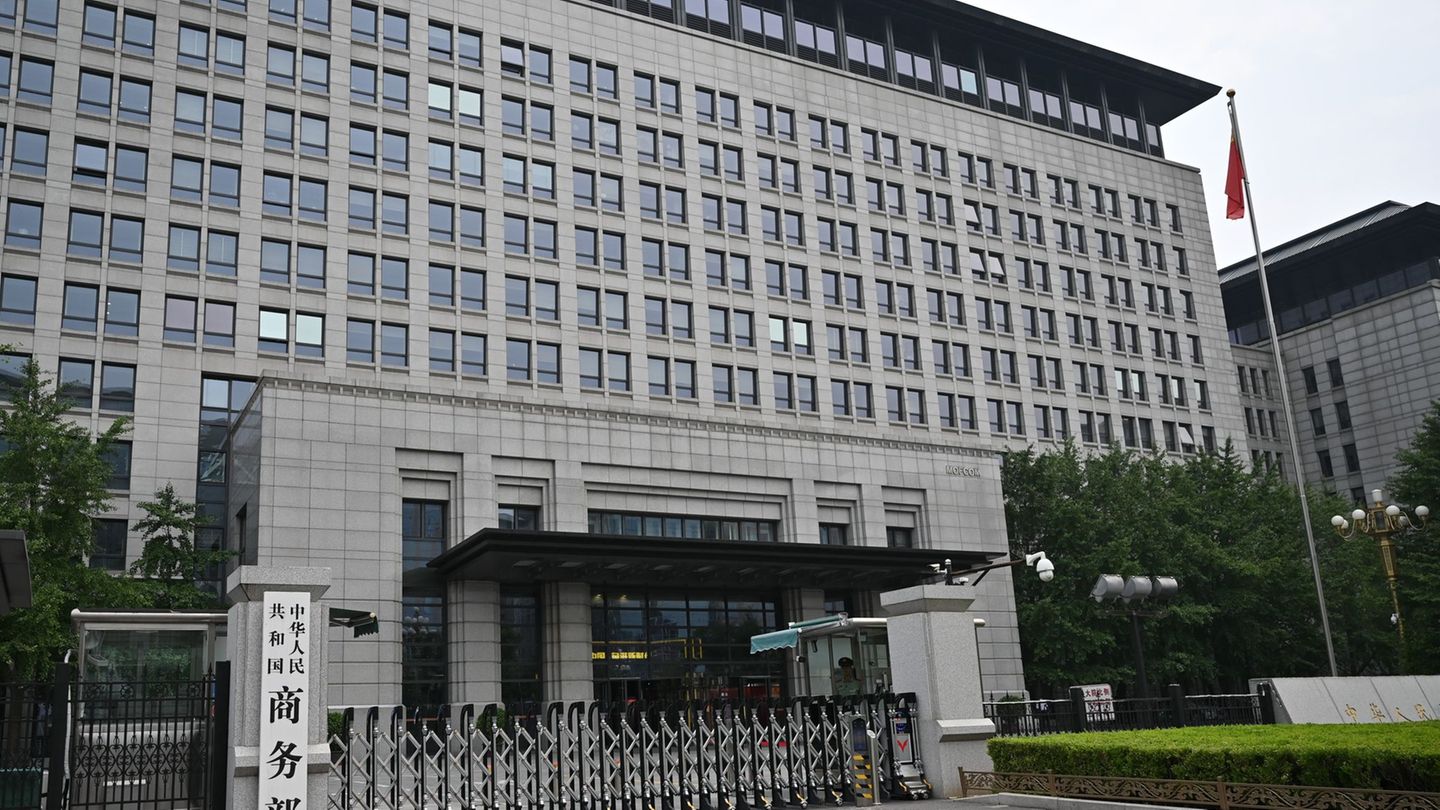The number of vacancies for qualified personnel in Germany fell 13.8%, which they attribute to the economic weakness that has impacted the country in recent times, although they still remain relatively high.
The rise in interest rates and the slowdown in international trade add to the energy crisis that the country suffered last year.
This caused a stagnation in the economic activity of the main European economic power, especially affecting its industry.
The situation is reflected in the number of unfilled vacancies for qualified personnel in Germany, which were 528,000 positions last June, 13.8% less than a year ago, according to a study published today by the Institute of German Economy (IW) and cited by the DPA agency.
The decrease in vacancies occurred especially in the professional field of literature, humanities, social and economic sciences; media, art, culture and design.
Meanwhile, they grew significantly in positions linked to the goals of the energy transition, such as renewable energy technology and the installation and maintenance of power lines.
Despite the decline in vacancies in the German economy, the number remains relatively high: four out of ten vacancies remain unfilled due to a lack of qualified candidates.
According to the study, the situation remains especially difficult in the areas of health, social services, teaching and education, where around six out of ten vacancies could not be filled.
Also in the areas of construction, architecture, surveying and building services engineering, as well as raw material extraction, production and manufacturing, there was a lack of qualified workers for more than 50% of the advertised vacancies.
Meanwhile, in the sector dedicated to the energy transition there are only 35 qualified unemployed people for every 100 vacancies.
This led Germany to recently relax visa and residency requirements for educated foreigners.
Source: Ambito




